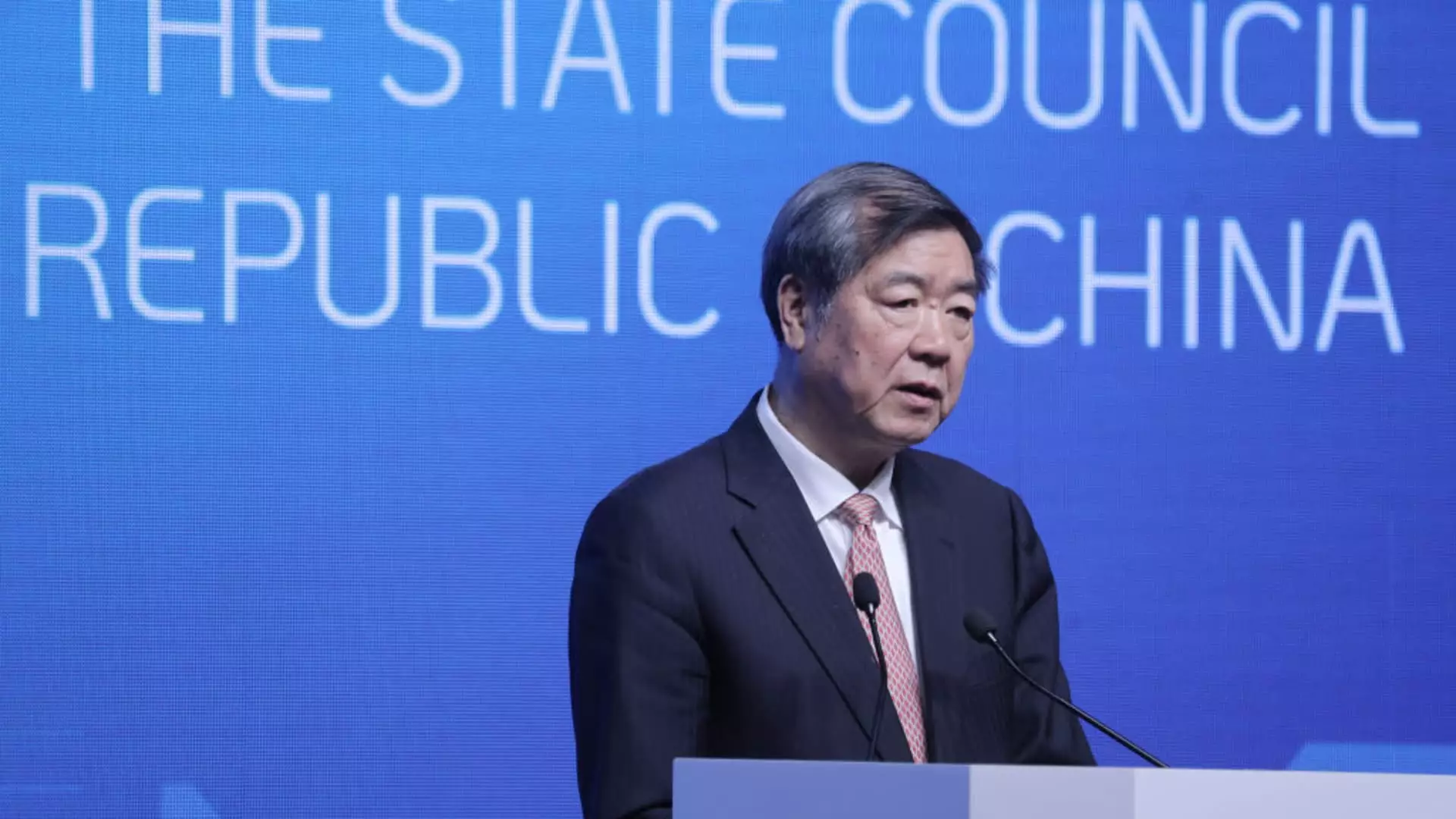In recent developments, Chinese Vice Premier He Lifeng articulated a clear commitment to reinvigorate Hong Kong’s status as a leading international financial hub. During the third Global Financial Leaders Investment Summit, organized by the Hong Kong Monetary Authority, He emphasized the importance of innovation and supportive financial policies. His remarks underline Beijing’s strategic vision to sustain and grow Hong Kong’s economic prowess amid global competition.
He highlighted ongoing efforts to “explore and implement” initiatives designed to bolster Hong Kong’s stature in the financial sphere. This commitment aligns with a broader narrative from China, which seeks to integrate Hong Kong’s economy with mainland initiatives. He noted that recent stimulus measures from Beijing have already produced positive effects on Hong Kong’s economy, forecasting a more reliable upward trajectory for future growth.
The path to fortifying Hong Kong’s financial landscape involves a multifaceted strategy that seeks to fuse local and mainland resources. Li Yunze, the head of China’s National Financial Regulatory Administration, emphasized the necessity of harnessing the advantages of both domestic policies and the global connections that Hong Kong offers. He pointed out that nearly 80% of mainland enterprises eyeing offshore listings choose to do so in Hong Kong, reflecting the city’s integral role in China’s economic ecosystem.
Amid discussions at the summit, Wu Qing, head of China’s securities regulator, reiterated the commitment to enhancing policies that attract greater foreign investment. This conversation becomes increasingly crucial as Hong Kong’s financial industry faces challenges, including capital flight and diminishing listing activity. The concerted effort by Chinese regulators to encourage foreign participation is a strategic pivot aimed at revitalizing investor confidence.
Challenges in the Financial Sector
Despite the assurances from Chinese officials, Hong Kong’s financial sector is grappling with significant hurdles. The city has witnessed a substantial contraction in initial public offerings (IPOs) and other capital-raising activities, evidenced by a 16% decline in proceeds from such events during the first half of this year when compared to the previous year, as reported by LSEG data. These challenges have contributed to a concerning trend of reduced operational scales among major financial institutions, resulting in job cuts and operational downsizing across the sector.
The persistent downturn makes it clear that the need for rejuvenation in Hong Kong’s financial landscape is urgent. The city experienced its worst-performing major index last year, with the Hang Seng Index registering declines for four consecutive years. The sentiment of investors is fragile, necessitating immediate and effective policy interventions from both local and mainland authorities.
Policy Shifts and Investment Attraction
In response to these challenges, Chinese authorities are undertaking significant policy shifts aimed at encouraging foreign investments. Recently, regulations were amended to lower the capital threshold for foreign investors who wish to hold non-controlling stakes in enterprises. This step is seen as a pivotal move to broaden investment opportunities and attract more international capital flows into the Hong Kong market.
The People’s Bank of China (PBOC) has also suggested a sustained commitment to accommodative monetary policies, fostering stronger ties between domestic and foreign financial markets. Such efforts are critical to rebuilding Hong Kong’s allure as an investment destination, particularly in light of the cautions posed by the global economic environment.
As key stakeholders, including representatives from prominent global banking institutions like HSBC, Standard Chartered, and Citigroup, converge at the summit, it is evident that the future of Hong Kong’s financial industry will depend on collaborative efforts between local, national, and international parties. The urgency of revitalizing the region’s financial landscape cannot be overstated, as persistent economic challenges demand a strategic approach.
To restore Hong Kong to its former glory as a financial powerhouse, it will require not only the implementation of innovative policies but also unwavering commitment and adaptability from all economic actors involved. The path ahead is challenging, but with concerted efforts and strategic shifts, there is hope for Hong Kong to regain its competitive edge in the global financial arena.


Leave a Reply